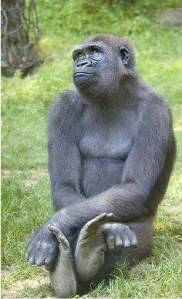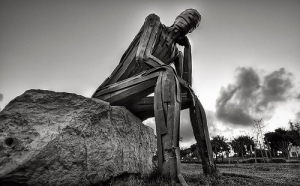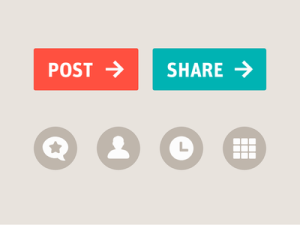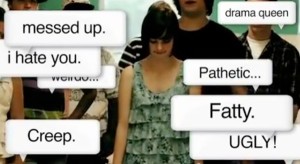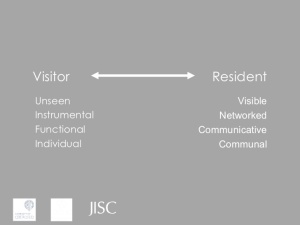(Credits: www.luluandlattes.com)
This module (living on the web) showed me just how much the world focuses on our lives on the web and we are the first marketing ourselves to companies before we can successfully become marketers.
The module opened my eyes to how using social media network is actually a means to market myself. For me, “Image“ is the key component in making this work. Image to me is broken down into one key question.
What is the image I want to portray for potential companies to see?
Social media has made it possible for students like me to leave our mark on the web while still being in school. By starting early (now) and through mediums such as Facebook and Linkedin, I can start “advertising” myself. This module helped me understand that what i do on the web and on social media now could be a big investment for my future.
The image that I want to portray as I progress on through this degree would be one that I am always ready to learn more about the changing trends in marketing and also staying up to date with the world.
I believe that through the use of Continuous Professional Development (CPD) I will be able to achieve my goal. CPD refers to a continuous and long time commitment of wanting to gain more knowledge and improving one’s self. A good start for me would be to follow groups on Linkedin related to what I am passionate about. Two examples of groups are “Ted” and “eMarketing Association Network“. “Ted” provides good insights from successful individuals regarding constant developments and changes in the world. “eMarketing Association Network” provides up to date information on social media and in-bound marketing from marketers who have been in this field for many years.
My thoughts as a whole
Comparing myself now to the beginning of the module, I feel that I am taking small steps towards improving myself. Initially, social media has been more of a platform of fun or expressing myself.
(A long long time ago)
After researching and completing a few posts combined with the reading of the different views of many of my course-mates, I started to see the bigger picture. I created a Twitter account and started to follow a few groups that significantly helped expose me to the things happening in the world.
Despite being resistant in the past, I am much more open now to using my social media networks as a platform to “brand” myself. By having a CPD it allows me to plan what I aim to achieve in the next year and evaluate myself at the end of it to see what I can do better.
Ultimately, this module is like a gateway for me to take my first step into the world of marketing and getting a real taste of it. The true test comes during the internship.
Well, its the final post for the module but definitely not the last for my journey ahead. Until next time.
Available at: http://helpsme.com/articles/marketing/product-differentiation
Patel.N (2012) Available at: https://blog.kissmetrics.com/online-reputation-management/
Thorn.R (2013) Available at: http://www.independent.co.uk/student/career-planning/keep-your-career-moving-with-continuous-professional-development-8484585.html




